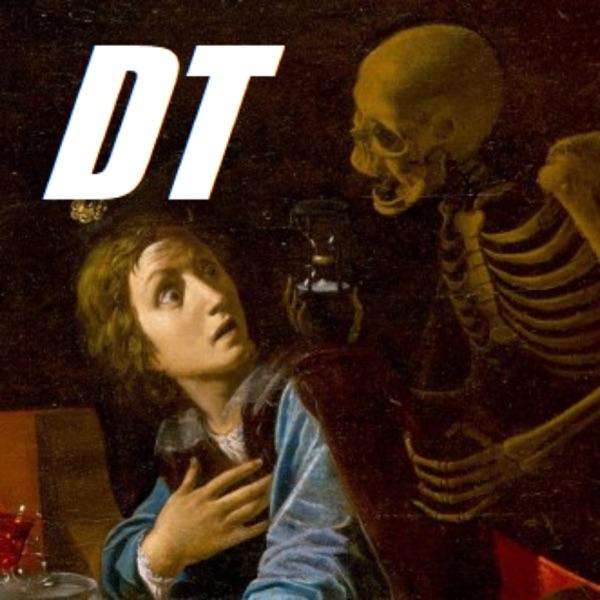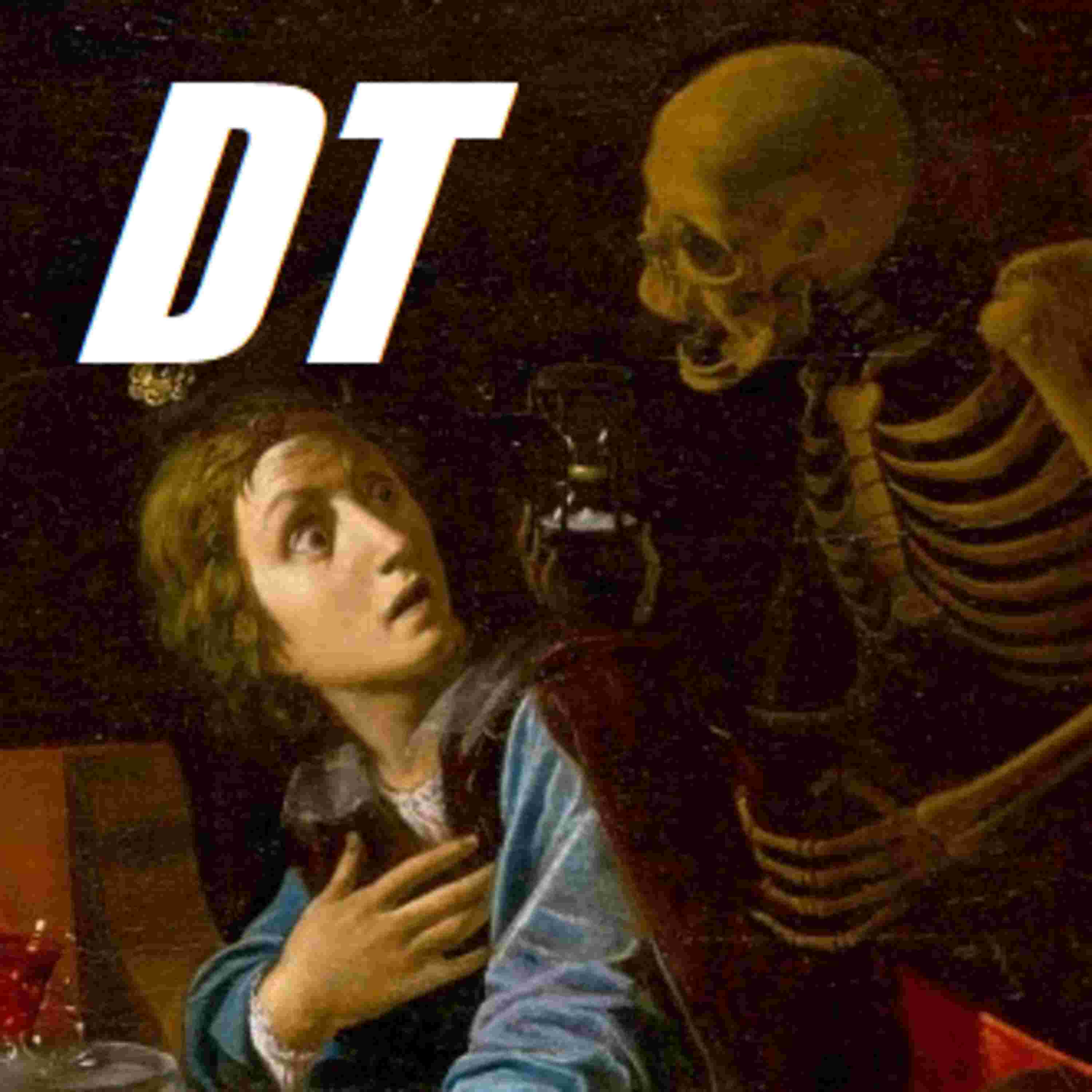

In this episode, titled "Adventures in Synergy," the host presents an example of a practical intervention created through dialogue on this podcast. The intervention is the application of The Flash Technique using WeMind software (designed for EMDR) and based in Working Memory Taxation theory, with the intention of using this tool for cases of complex trauma that exceed client capacity for even considering the activation of traumatic memories. This video represents an integration of ideas from multiple episodes, developed over time, as is explained in the commentary following the demonstration. Disclosure information: The host is an EMDRIA Approved Consultant, as well as being on faculty at the EMDR Institute as a Facilitator. He was trained in Flash when it was first developed, and trained in EMDR 2.0 at its introduction to an outpatient setting. He is currently participating in Beta testing of WeMind's AI client. He has no financial interest in any of the above, nor in this podcast. Highlights include: -A demonstration of rapid treatment of a significantly disturbing memory with WeMind (AI) optimized Flash -The synthesis of theory and conversation leading to this experiment -A discussion of practical benefits this technique presents to clinicians and clients alike -Possible theoretical implications of the technique for the intersection of Working Memory Taxation theory (EMDR 2.0, WeMind) and subliminal exposure (Flash); namely, that there may be a shared "operating system" that could be further optimized. -A possible explanation of why SUD sometimes doesn't reduce, even without dissociative blocks or blocking beliefs, etc. In future episodes, guests will offer counterpoints to these views, and this video is intended to present rather than endorse the host's perspective. The Dissociative Table Podcast does not specifically endorse the views of the host, nor do any professional organizations.
The music used in this episode is taken from the song, "Move 37," from the album Gates of Keras, by the band Cracked Machine. The band has generously donated rights to their music in support of increased global access to effective trauma therapy. Their albums can be sampled and purchased at crackedmachine.bandcamp.com.